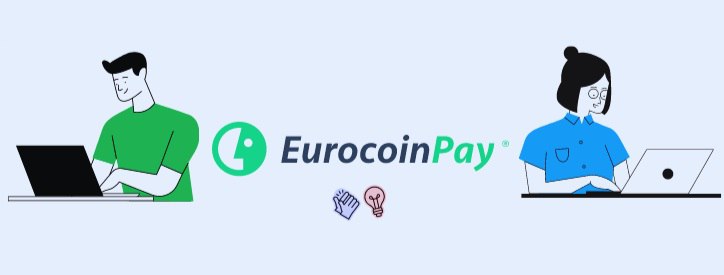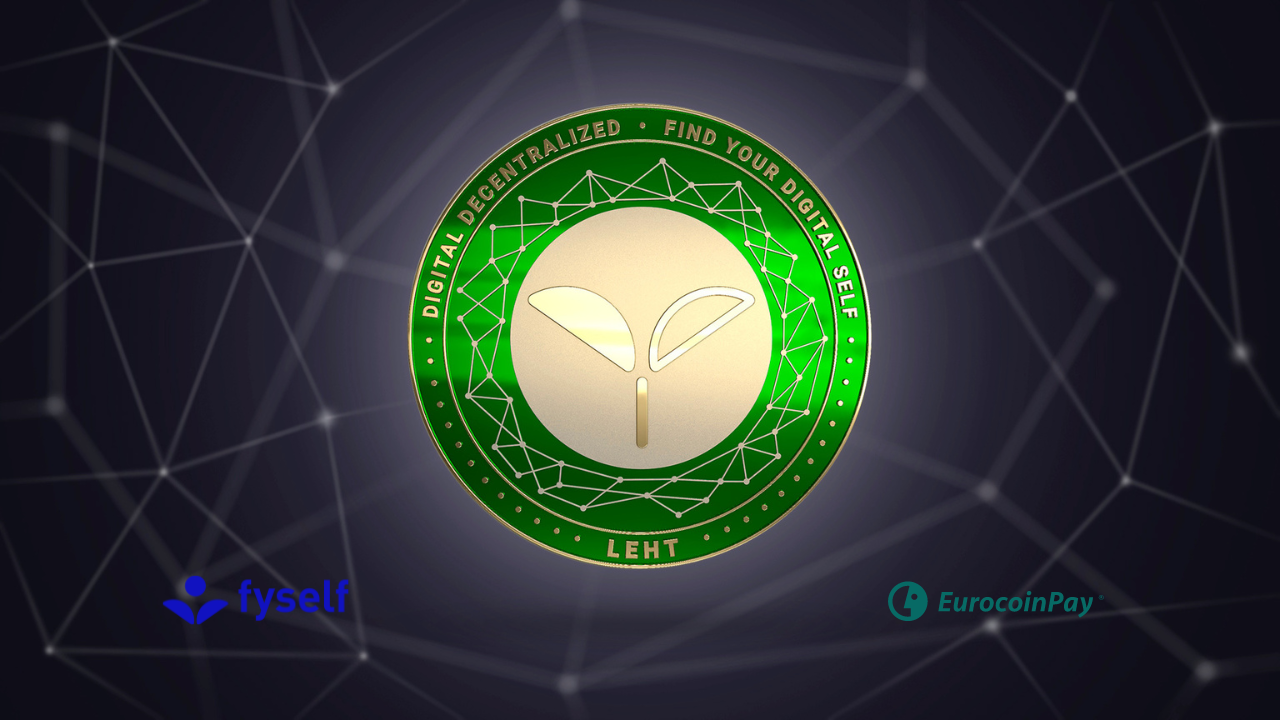Who are you on the Internet? Notes about online identity
When you read the title of this post, it is very likely that you automatically answered: “It’s me, who else would it be?”. But the question was not in vain: if you think it through, everyone has an online identity which can be more or less consistent with the “real” identity, or the “you of the offline life”.
The Network has established itself as another space for human interaction, with increasing preponderance in modern society.
Since the turn of the century, e-mails and forums were giving us an idea of what an online identity would look like. But it was not until the proliferation of social networks that this phenomenon became a second dimension to people’s lives.
Online identity in social networks
All people have a group of «real life» contacts. These offline relationships have an impact on digital scenarios where an individual participates, mostly known as social networks.
But in these new social connections are also built, totally independent of the real world. Individuals discover people and information from any part of the planet on the Web. This context allows them to reconfigure their vision of themselves.
In this academic study on social psychology, the authors describe social networks as “identity portals”. This means that in it users have the opportunity to capture the aspects they prefer of their personality: interests and biography, filtering and selecting them according to their convenience. What is that but a revised version of your own identity?

Ubiquity of social networks
A point in favor of social networks is that they follow you everywhere. The massive connection by mobile data implies that each user can reflect every aspect of their offline activity, if desired, in social networks. However, he could be making everyone believe he has an active and intense life, from his sofa at home.
If «real» life has its rhythms and pauses, social networks give the user a space where you can find activity 24 hours a day, 7 days a week. All that interaction, in form of likes, photos, favorites and states, make up an identity as or more powerful than the perception you may have about your next-door neighbor.
A new concept of social groups in Networks
We all know the biggest social networks, those to where a good part of the 3.5 billion social media users end up going. Yet there is a large number of such webs on the Internet. Moreover, they are very diverse from an aesthetic and functional point of view.
Among such diversity, the mere fact of being in a social network sometimes defines essential aspects of their online identity which the user wants to highlight. For example, we have social networks that gather people according to their interests, their professional links and aspirations or according to their needs.
Social networks according to interests
On these platforms people register to find other people with a specific interest in common to be able to exchange on that subject. They are commonly called niche social networks.
The variety of topics on which one of these communities can be articulated is incredible. FunCook is a place for foodies and Vivino is perfect for wine connoisseurs.

On the other hand, athletes can find themselves on platforms like Timpik to share details about their training and organize events. Bikers can be cited for an outing in Moterus. Also dog owners show everyone all the photos of their pets on DoggyTalky. For readers, I recommend Goodreads: there you will find good recommendations to continue giving free rein to your passion for literature.
Professional social networks:
Having a profile on LinkedIn is like having an online CV: there you make public your academic and professional career. The events in which you have participated can be published, as well as the skills that make you competitive. Many times recruiters go to that network to hire people they need in their companies.
While LinkedIn is the most entrenched in this sector, there are other networks that reflect professional interests. For example, Meetup allows you to organize events for certain communities according to your interests. Although it does not only include professional interests, the relationships that people forge there help to build careers too.
Social networks with specific objectives:
There are many services that have a goal beyond communicating and interacting in online life. Sometimes that goal is to coincide in real life, or provide / hire a service.
Among them, one of the most famous is Tinder, a well known app to find a partner. In fact, dating sites have been pioneers in the history of social networks, with other great examples such as Badoo or OkCupid.
Other services can be provided through a social platform such as People per Hour, a network that puts freelancers in touch with their potential employers.
Dysfunctions of the online identity
People often lie to offer you some adulterated aspects of their identity. If people can do that face to face, obviously the will do it on the Internet. It is so much easier to hide from reality.
In this regard, there are two serious problems related to the veracity of identity in social networks.
Fake profiles
Fake profiles are a phenomenon of modern life. If you interact on Twitter with a “person” behind the screen there may be a bot or an individual who manages numerous profiles with a commercial or political intent.
Identity theft.
A person who pretends to be another individual that already exists. The objectives can be several: get some information or access by posing as someone you trust, make parodies of what a famous would say on social networks, easily articulate a community of followers around a known leader without being them.
In this other blog post, we explain much better the issue of fake profiles, identity theft and its impact on modern society.
And you: who are you on the Internet? Do you project the same image on all social networks? Have you run into a fake profile?
Artículos relacionados


